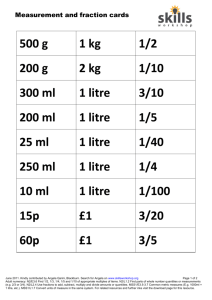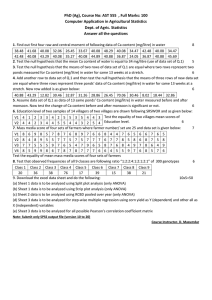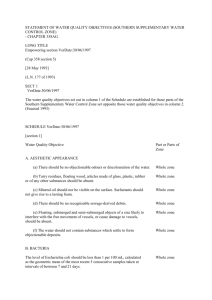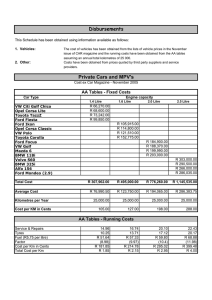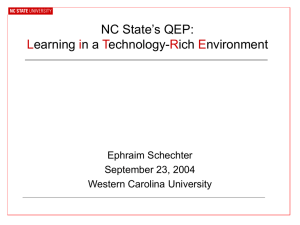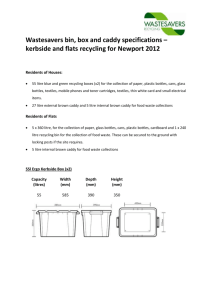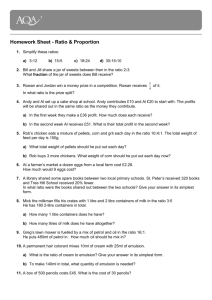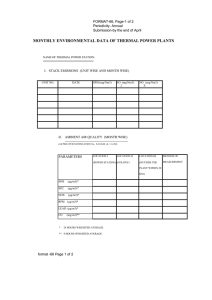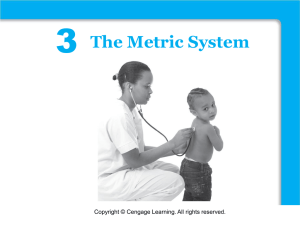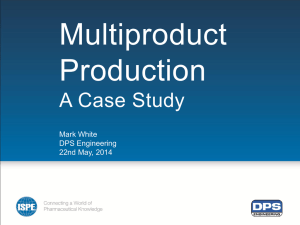Hamilton Regional Laboratory Medicine Program A Collaborative
advertisement
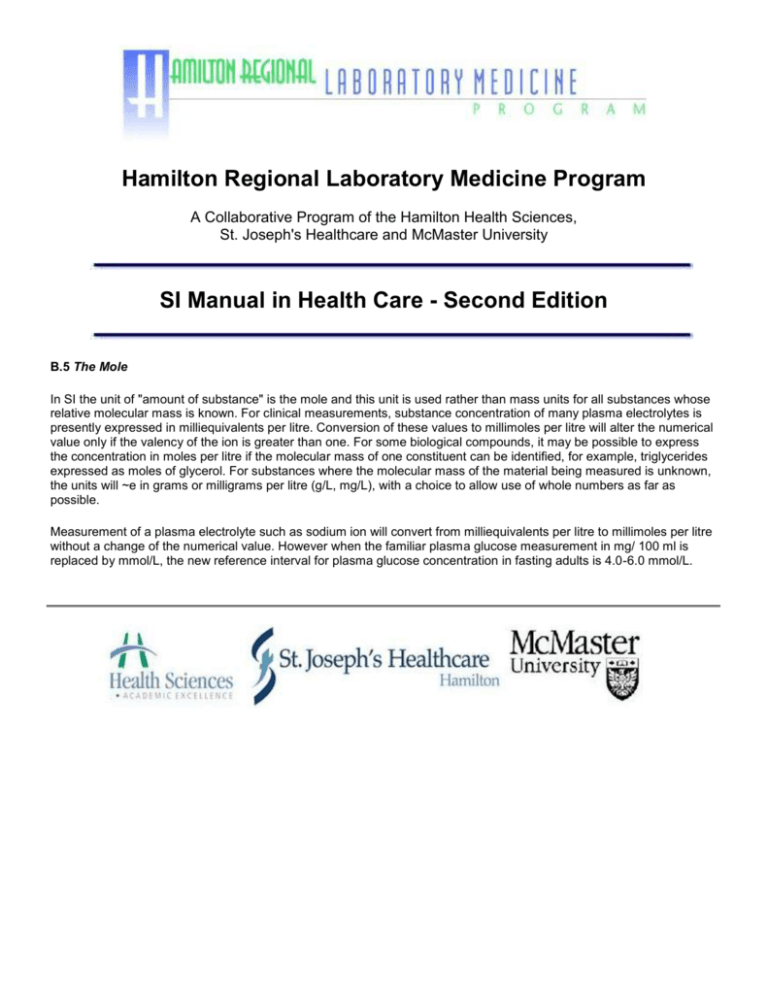
Hamilton Regional Laboratory Medicine Program A Collaborative Program of the Hamilton Health Sciences, St. Joseph's Healthcare and McMaster University SI Manual in Health Care - Second Edition B.5 The Mole In SI the unit of "amount of substance" is the mole and this unit is used rather than mass units for all substances whose relative molecular mass is known. For clinical measurements, substance concentration of many plasma electrolytes is presently expressed in milliequivalents per litre. Conversion of these values to millimoles per litre will alter the numerical value only if the valency of the ion is greater than one. For some biological compounds, it may be possible to express the concentration in moles per litre if the molecular mass of one constituent can be identified, for example, triglycerides expressed as moles of glycerol. For substances where the molecular mass of the material being measured is unknown, the units will ~e in grams or milligrams per litre (g/L, mg/L), with a choice to allow use of whole numbers as far as possible. Measurement of a plasma electrolyte such as sodium ion will convert from milliequivalents per litre to millimoles per litre without a change of the numerical value. However when the familiar plasma glucose measurement in mg/ 100 ml is replaced by mmol/L, the new reference interval for plasma glucose concentration in fasting adults is 4.0-6.0 mmol/L.
